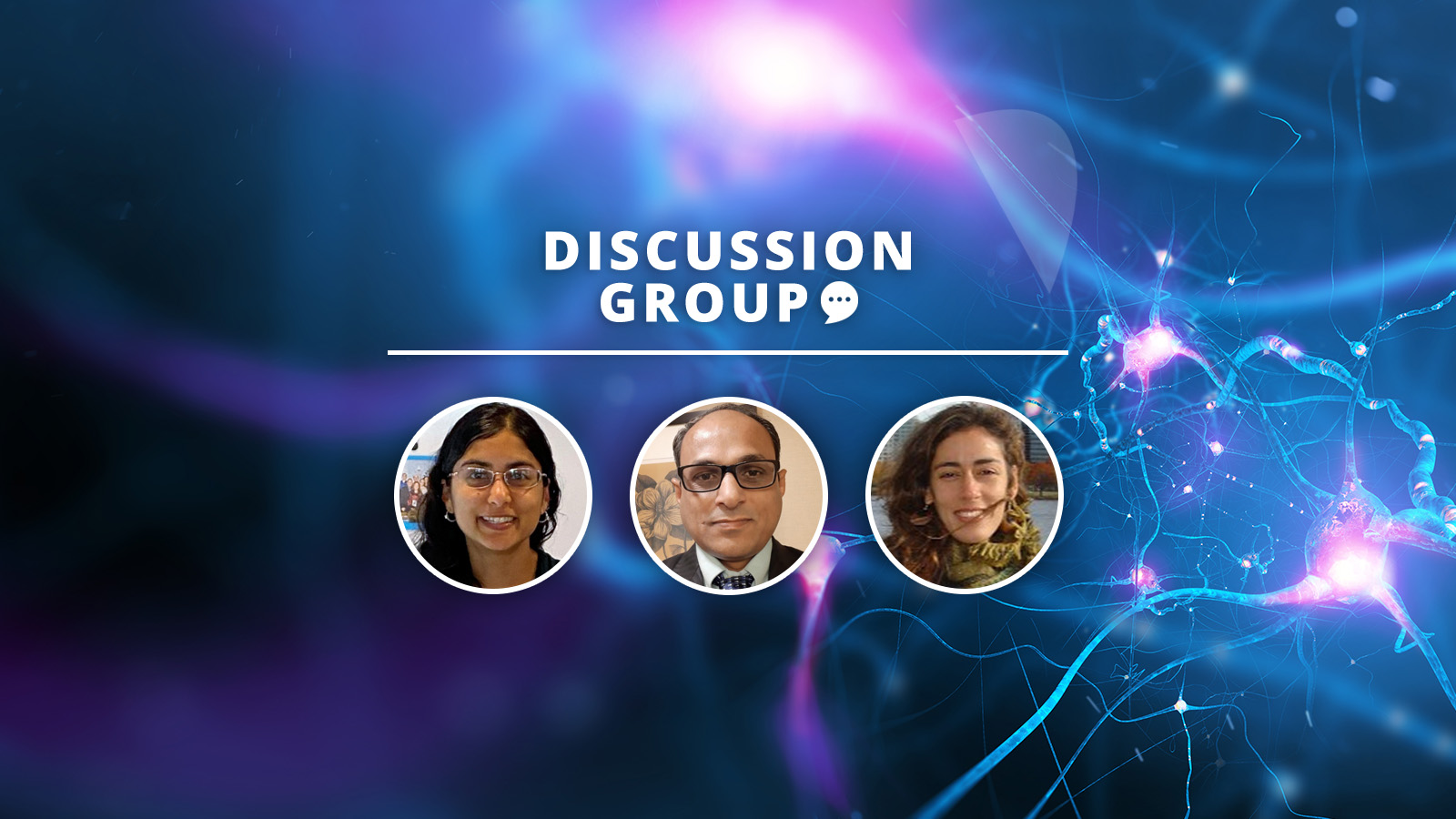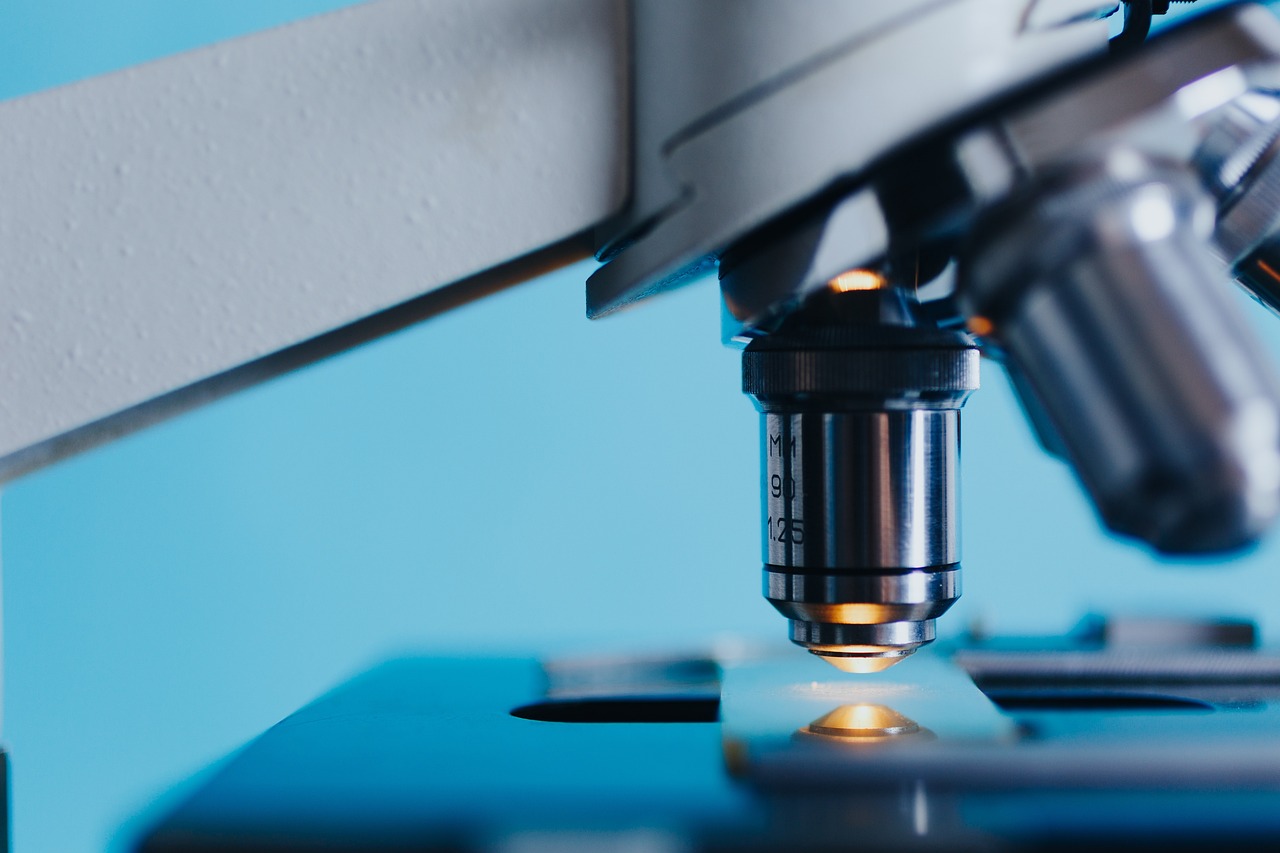Novel Technologies Advancing Downstream Bioprocessing

In recent years, there has been a noticeable trend in the adoption of automation and digitisation of downstream bioprocessing technologies for cell and gene therapies. Automating chromatography skids and filtration skids (a process system contained with an easily transported and transferable frame) to allow for continuous chromatography and depth filtration, respectively has been of particular interest. Other areas of scrutiny include efforts to automate purification steps such as viral inactivation, inline concentration, etc to match upstream perfusion processes.
Tuhina Bhattacharya, Associate Director of CMC Biologics at Corbus Pharmaceuticals, who led the September discussion group on Novel Technologies Advancing Downstream Bioprocessing, identified the reason behind this as being a key development in downstream bioprocessing. “Automation really began on the upstream side of advanced bioprocessing,” she explained. “This meant that downstream bioprocessing had to catch up and start automating downstream purification operations to keep up with those alternative perfusion and intensification processes.”
Other strives being made in downstream bioprocessing include automating the in-line dilution of concentrated buffer solutions. This has been successful in reducing buffer preparation steps and minimising the waste footprint of companies working within the media-prep area of manufacturing. “Automating in-line dilution is more sustainable than spending a lot of time attempting to make several batches at several different concentrations,” Bhattacharya confirmed.
What's more, this advanced form of downstream bioprocessing facilitates a swift and tailored approach, whereby the Good Manufacturing Practice (GMP) rating is already known upon purchase and manufacturers will be able to dilute the concentrated aqueous solutions when needed.
Challenges in Automation of Downstream Bioprocessing Equipment
To date, such automation efforts have greatly aided the advancement of cell and gene therapeutics. But what are the current challenges in the automation of downstream bioprocessing? And how can clinicians and manufacturers work to overcome them? Oxford Global's Cell Discussion Group came together for an hour of specialist conversation on the future of downstream bioprocessing and how best to advance available automation technologies.
- Future Directions for Accelerated Upstream Bioprocessing
- Digital Twins: Upstream Processing Applications and Hybrid Models
- Next Generation Cell Culture Process Development
Bhattacharya was joined by co-leaders Mukesh Mayani, Associate Director of Genomic Medicine CMC at Sanofi, and Irina Ramos, Director of BioProcess Technologies &Engineering at AstraZeneca. The audience was made up of senior opinion leaders and Directors from some of the following key pharmaceutical giants; GlaxoSmithKline, Takeda, and Intellia Therapeutics, to name a few.
Once Bhattacharya concluded her introduction, she opened the floor for discussion. “What are some of the current challenges of automation and digitisation for downstream bioprocessing and what experiences have you had when encountering these?” she asked. Integration of unit operations was identified as one of the key hurdles to overcome to realise the full potential, with Mayani commenting on the difficulty of using externally sourced equipment.
Often equipment and skids come from different vendors that may have different control systems. “At Sanofi we are evaluating a highly automated buffer preparation system to enhance our efficiency and processing abilities,” Mayani confirmed. “Whilst it's sophisticated and impressive technology, we initially had some problems setting up the recipe protocol and fully integrating the system,” he continued. Bhattacharya expressed a similar experience, explaining how “different skids and technologies sometimes are not able to talk to each other.” To overcome this, increased communication and customisation with the vendor provider is required.
Comprehending Data Communication and Overcoming its Challenges
The issue of data management and closed-loop feedback control for biopharma 4.0 was also brought up during the discussion. Following on from Industry 4.0, the fourth revolution to occur in manufacturing, Biopharma 4.0 will see an innovative convergence of informational, operational, and processing technologies.
Audience members were keen to understand how the pending upgrades will incorporate enhanced data management into downstream bioprocessing. “There is no denying that we are generating a lot of data with these automation techniques,” Bhattacharya began. “But the question lies in what we can do with it, how we can upload, and back up all of the data produced.”
Audience members were keen to understand how the pending upgrades will incorporate enhanced data management into downstream bioprocessing.
In response to this Ramos, stressed the importance of effective communication and collaboration. “At AstraZeneca, we worked closely with our internal bioinformatics group, automation engineers, and the equipment vendor to leverage the internal database repository to export the necessary data for live analysis during a run,” she explained.
A partnership like this can aid in the characterisation and final quality checks of data extraction, whilst simultaneously ensuring a more secured distribution of feedback data to all parties involved during process control. “It also enabled improved monitoring, possible decisions on-the-fly, and after-run analysis,” Ramos continued.
Final Thoughts
The discussion concluded with some final thoughts on the future of technology and digitisation for advanced downstream bioprocessing. The conversation also touched on the various novel approaches and platforms available for such enhancements. At Oxford Global, we couldn't have been more pleased with the turnout for our September's Cell Discussion Group. The conversation was engaging, the debate stimulating, and the industry insights invaluable.
We will continue our Discussion Group series in October with a session focusing on Overcoming the Challenges in Cell Therapy Manufacturing, which will be led by Udayanath Aich, Director at Bristol Myers Squibb. Learn more about the Oxford Global Discussion Group series at our Cell Portal.
Want to find out more about the latest stem cell therapy news? Register now for Oxford Global‘s 3D Cell Culture congress incorporates key trends and innovative technologies to accelerate the adoption of 3D models in preclinical research via advanced development, validation and application strategies.






